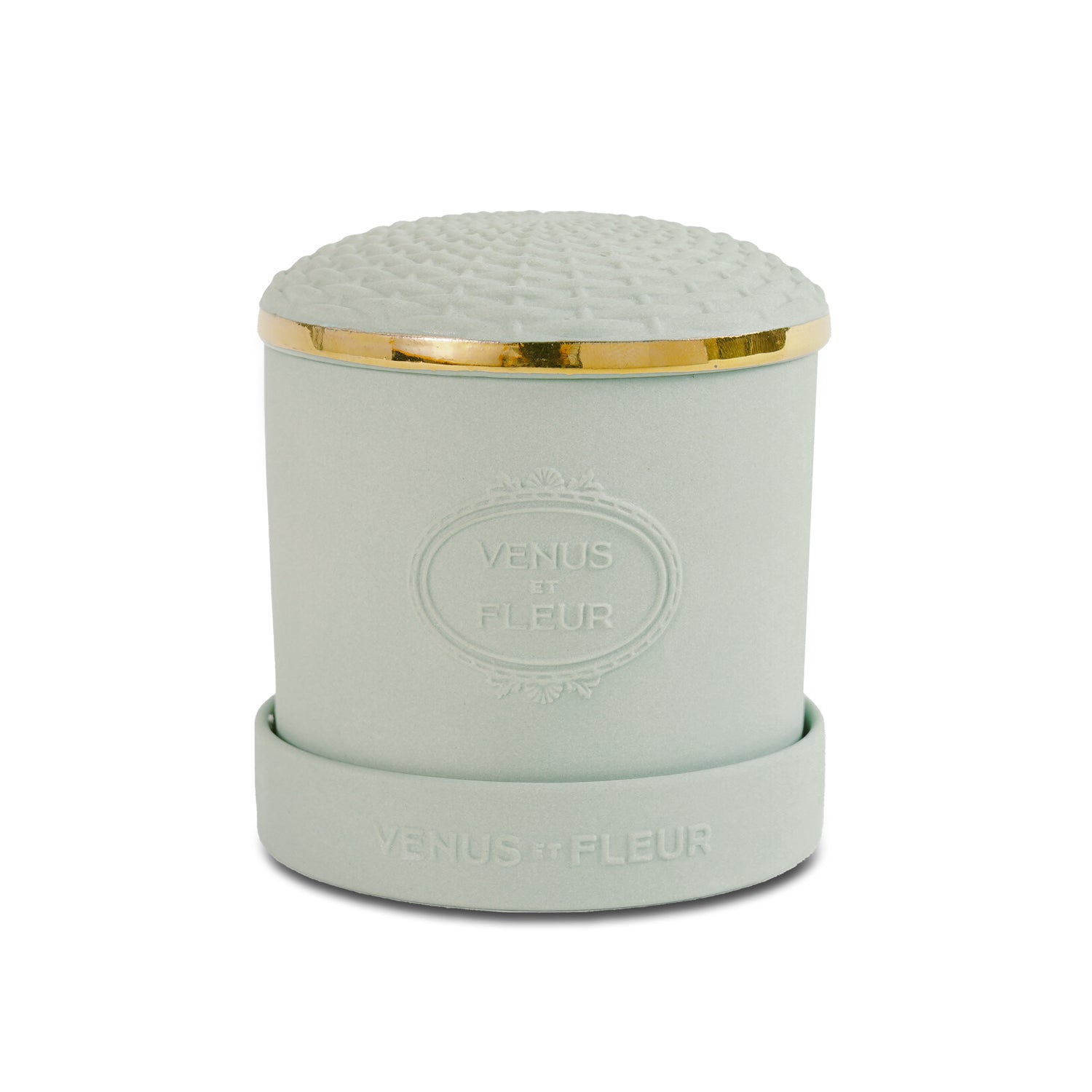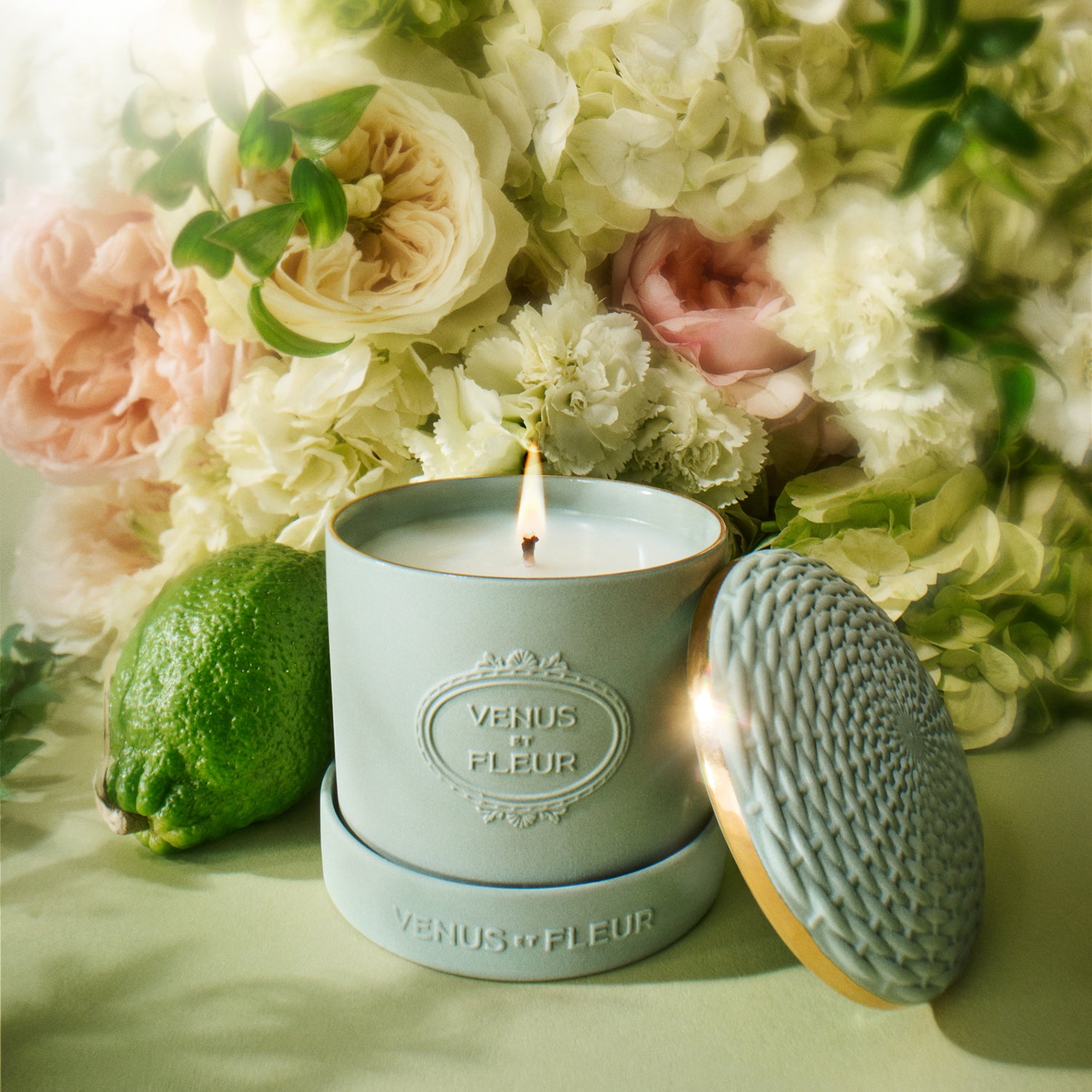

If you are looking for a healthy and simple way to awaken your senses, you should try making beautiful, fresh rose water.
Rose water is easy to make, and its beautiful fragrance will renew your mind, body, and spirit.
Read on to learn about how to make rose water and the benefits and uses of this fabulous, sweet-smelling product.
Rose water is gorgeous, fragrant flavored water that is made by steeping rose petals in water. You can purchase rose water, or you can even make it yourself. This floral water can be colorless or pink and is full of bioactive compounds from the rose. Once you have it, there are multiple health benefits and uses that it provides.
Rose water is completely chemical-free and is made using organic rose petals and distilled water. It can be applied to your face and body to rejuvenate your skin. Rose water is perfect for an all-natural beauty product or even for consumption.
If you love cooking with roses, then you are in the right place! Rose water can be ingested for drinking purposes and is used in many cocktail and summer drink recipes.
If you are ready to make your own rose water, you must start by picking some lovely rose blossoms. For making rose water, be sure to use organic roses or roses free from pesticides.
You can grow your own roses in a stunning garden at your home, or you can go to a local farm or market to select your beautiful blossoms in person. Remember to check the label to make sure your roses are safe to eat and are chemical-free.
The best roses for making rose water are the Rosa damascena, Rosa centifolia, and Rosa gallica. These three roses are edible, so they are safe to use in drinks, teas, and flavorings.
Remember that the taste of the blooms will vary from one type of rose to another. For example, red roses don’t really taste like much, so you should save those for a lovely bouquet for your home.
When you’re breaking down your roses, don’t use the small white part at the bottom of the petal when cooking your roses, as it is very bitter. Remember that the flower petals must be carefully cleaned and allowed to dry before being used.
You can use fresh or dried rose petals for your rose petals, as long as they are grown without pesticides or herbicides in a lush, organic garden.
Now that we’ve learned what rose water is and how to select your roses, let’s break down the steps of how to make decadent rose water at home.
First, make sure you have your ingredients. Rose water is simple to make. All you need is four or five blossoms, along with water and ice cubes.
Once you have your roses, prepare them by removing the rose blossoms from the stems and rinsing them carefully to remove any dust, dirt, or little critters.
Then, you need a medium-sized cooking pot to put on the stove and a smaller glass dish to place inside that bowl in the middle.
Next, add your rose petals to the cooking pot, around the empty glass bowl in the center. Make sure that there are no petals in the glass bowl when you begin because this is where you will collect your fresh rose water.
Now, you need to begin adding water to the cooking pot. Add enough water to cover the petals and bring the heat up to a simmer.
Now comes the fun part. You need to place the lid of the cooking pot on… upside down! The cover will help to catch the rose water vapor.
Next, once the lid is upside down, you can start adding ice cubes on top of the lid. You can gently move the ice cubes around with a spoon and watch them begin to melt away. As soon as your first batch of ice melts, add more on top. This will help with the condensation of the evaporated rose water.
Repeat that step for about 30 minutes, and then your gorgeous rose water will be ready. Lift your saucepan lid, and you’ll see that your new, fresh rose water has been condensed into the glass bowl in the middle of your pot.
Put on some soft oven mitts and carefully grab the hot bowl out from the middle of your saucepan. Voila, you have fresh, homemade rose water.
Once you have made your rose water, how should you store it?
If you have followed our recipe and made your own rose water at home, we recommend pouring your new rose water into a clean glass container, such as a tall glass bottle. Store your luscious rose water in a cool, dry place like your refrigerator.
You can even make your rose water last longer by adding preservatives, such as citric acid or alcohol to inhibit the growth of microorganisms in the rose water.
Rose water is not only beautiful and fragrant, but it also provides many health benefits. Rose water is known for its strong anti-inflammatory properties, which can help to treat both internal and external ailments.
One of the best benefits of using rose water on your body is soothing your skin. Rose water can also be used to improve your skin’s complexion and to reduce skin redness. The antibacterial properties in rose water may also help to soothe acne and puffiness in your face.
Rose water can also restore the pH balance of your skin by removing oil and dirt and unclogging your pores.
Simply spritz some rose water on your face and neck and massage it gently into your skin for about three to four minutes. Then, simply rinse your face with water, and enjoy your rose-scented, soft skin.
Along with helping your skin stay soft and silky, rose water is also said to have anti-aging properties, which is why rose water is often found in beauty products aimed at reducing wrinkles.
When applying rose water to your face at home, it will instantly provide a cooling effect that will delight your skin. Use rose water on your face at least twice a day to reap maximum benefits.
If you are suffering from a headache, simply spritz your stress away by adding rose water to refresh your mind. Rose water is commonly used in aromatherapy to help relieve headaches.
To treat your headache with rose water, simply soak a soft washcloth with rose water and apply it to your head for about 45 minutes. Focus on your breathing during this time, and try to take in the rose water’s beautiful, refreshing floral fragrance. This will help to calm your mind and soothe your headache.
Not only can you apply rose water to your face, but you can actually apply it to your whole body, healing cuts, scars, burns, and treating infections along the way.
Rose water contains antiseptic and antibacterial properties that can help to heal your wounds in a faster and more efficient manner.
You can often find rose water as an ingredient in natural and medicinal treatments.
Rose water is a delicious and light beverage to enjoy on a summer day, but it is also the perfect remedy for soothing a sore throat. Many people use rose water as a natural treatment to help with colds and relax the muscles in their throats.
Studies also show that drinking rose water can assist with digestion and can relieve bloating or an upset stomach.
Rose water has many uses and is traditionally used in beauty products and food and drink products, and is also used for many health and skin-related problems.
If you want to use rose water as a beauty product to refresh your skin, you can use it as a facial cleanser, toner, or moisturizer. Simply rinse your face with rose water after washing with your normal cleanser for a soft and refreshed feel.
You can also make rose water scrubs, face masks, and even eye masks.
If you want glowing skin, use this recipe to create a simple and elegant rose water sugar scrub. For this recipe, you will need:
The first step is to grind your oats using a blender or food processor into a coarse powder for the scrub. Then, add your honey and rosewater to the oats. Mix these three ingredients to make a coarse paste and place it into a jar when finished.
Simply apply your scrub in the shower and gently soothe it into your skin in circular motions. When you are finished, wash it off with warm water and enjoy your silky soft, rose-scented skin.
You can also make your own rose water mist by adding it to a spray bottle and using it on your face, wrists, or even on your pillow for a refreshing floral fragrance while you sleep.
With rose water, beauty sleep is a real thing. The soft fragrance of rose water will help you have a good night’s sleep and promotes emotional wellness. This will help relieve any stress you are holding onto and enliven your mind, body, and soul.
You can also use rose water in recipes, such as when you’re making refreshing hibiscus iced tea, delicious rice pudding, or luscious French macaroons.
Using rose water in the kitchen is a wonderful way to bring freshness and beauty to your recipes and delicious beverages.
To make your own refreshing rose water iced tea, you just need five simple ingredients:
Begin by brewing your green tea leaves and dried rosebuds in boiling water for about five minutes.
Then, strain the tea and stir in the sweet honey to your liking. Once this is done, you need to chill the mixture for about three hours so that the flavors can harmoniously blend.
Once your tea is chilled, simply pour over ice, sprinkle in some rose water, stir, and serve.
Now you have learned all about rose water and its tremendous benefits and uses. Remember to use organic and chemical-free rose blossoms in all of your rose water-inspired recipes.
Your skin will fall in love with the delicate rose water, and your senses will be in awe of the beautiful floral fragrance.
Sources: